A trademark can be any term, sign, symbol, or even image that is used to identify a business, its products, or services from those of its rivals. For instance, a product, company name, logo, or brand. This makes it possible for customers to recognize, buy, and enjoy goods and services based on their unique qualities and attributes, as guaranteed by the relevant trademark/owner.
A subset of intellectual property rights is trademarked. People can keep ownership rights to their creative work and inventive products thanks to intellectual property rights. Due to the labor-intensive nature of bringing intellectual property to light, it is subject to several registration and infringement fees. The following are examples of intellectual property: patents, designs, trademarks, and copyright laws.
A trademark is a marketing tool that helps a business get more capital. While a brand is always a trademark, a trademark is not always a brand. It's common to mix up trademarks with brand terminology. A trademark, which has a broader meaning than a ...Read More
A trademark is a marketing tool that helps a business get more capital. While a brand is always a trademark, a trademark is not always a brand. It's common to mix up trademarks with brand terminology. A trademark, which has a broader meaning than a brand, is a distinctive sign or indicator in a commercial organization, whereas a brand name is just a symbol or logo. Consumers are more swayed by a unique brand that accurately represents the caliber of the goods. A slogan, image mark, or logo can all be used as trademarks.
Trademark law in India
In India, there was no trademark legislation before 1940. The Specific Relief Act of 1877's Section 54 was used to address several trademark infringement issues, while the Indian Registration Act of 1908 was used to decide on registration. To address these issues, the Indian Trademark Act was put into effect in 1940. Trade and commerce saw significant expansion with the implementation of trademark legislation, which in turn raised demand for trademark protection.
The Trademark and Merchandise Act of 1958 superseded the Trademark law. It offers enhanced trademark protection and deters the improper or dishonest use of marks on goods. The Act allows for trademark registration, giving the owner of the trademark a legal right to the exclusive use of their creation.
The Indian government replaced the earlier Act with the Trademark Act of 1999 to meet the World Trade Organization's TRIPS (Trade-related aspects of intellectual property rights) duty. The Trademark Act's objectives are to safeguard trademark users, control property conditions, and offer legal recourse for the enforcement of trademark rights.
Police have the authority to make arrests in cases of trademark infringement according to the Trademark Act of 1999. The often-used term "infringement" has a full meaning provided by the Act. The Trademark Act lays out the fines and sanctions for infringers. Additionally, it lengthens the time required for both regular and non-traditional trademark registration.
Authorities: The Intellectual Property Office (IPO)'s Registrar of Trade Marks oversees the application and registration of trademarks. The registrar has the authority to reject or amend marks based on absolute, relative, or both types of grounds. The Intellectual Property Appellate Board (IPAB) is the appropriate body to file appeals of its decisions. The IPO also oversees the GI Registry, which is in charge of GI filing and registration. The Registrar of Companies (ROC) accepts registrations for company names. Additionally, the ROC has the authority to reject or change company names that are too similar to or exact replicas of those that have already been registered by an existing firm. The Department of Registrar Co-operative Society is where cooperative societies can register.
Substantive law: Civil lawsuits may be used to defend well-known, unregistered trademarks protected by common law, registered GIs, registered trade and service marks protected by the Trade Marks Act 1999, and registered trademarks. Criminal penalties are also imposed for trademark infringement. You can correct the Trade Marks Register itself by bringing legal action against the IPAB or the Registrar of Trade Marks.
Registration of marks: One way to register a trademark is to apply for the IPO. A physical filing will cost you 10,000 rupees. 10% off the fee is applied to e-filing. A one-time expedited processing charge of 40,000 rupees is required for the new expedited registration process. A registered trademark can be renewed for the same amount 10,000 rupees for a physical filing, and 9,000 rupees for an electronic submission. An application is assigned an exclusive number and a date upon filing. It is taken in turn and reviewed based on the filing priority. An evaluation of acquired distinctiveness, previous rights, and inherent registrability are all part of the examination process. The trademark is published in the Trade Marks Journal to solicit opposition from the general public if no objections are identified. The registration certificate is granted if there are no objections submitted within four months of the publication. The registration is valid as of the application date and is renewed every ten years after that.
How can Sharks of Law assist you?
Expertise and specialization: Attorneys at Sharks of Law have deep knowledge, expertise, and awareness of the legal issues relevant to their specialization, whether it is criminal law, corporate law, family law, or any other discipline.
Communication Skills: Attorneys here have Excellent communication that guarantees that clients are aware of the status of their cases, are aware of their legal options, and are ready for any court hearings. Lawyers and their clients can build trust and confidence by communicating effectively.
Client Focus and empathy: Client wants and concerns are the priority of Sharks of Law. We actively listen, show empathy for our clients' circumstances, and modify their legal methods to achieve specific client objectives.
Teamwork: The Sharks of Law solicitors collaborate well with one another, drawing on their talents, backgrounds, and viewpoints to offer comprehensive legal solutions. Working together improves client service quality and the firm's overall efficiency.
Continuous Learning: Since laws are always changing, Sharks of Law keeps up with the most recent changes. It is imperative always to be learning and flexible to adjust to new developments in technology and the legal field.
Consult with experienced Lawyers across expert areas





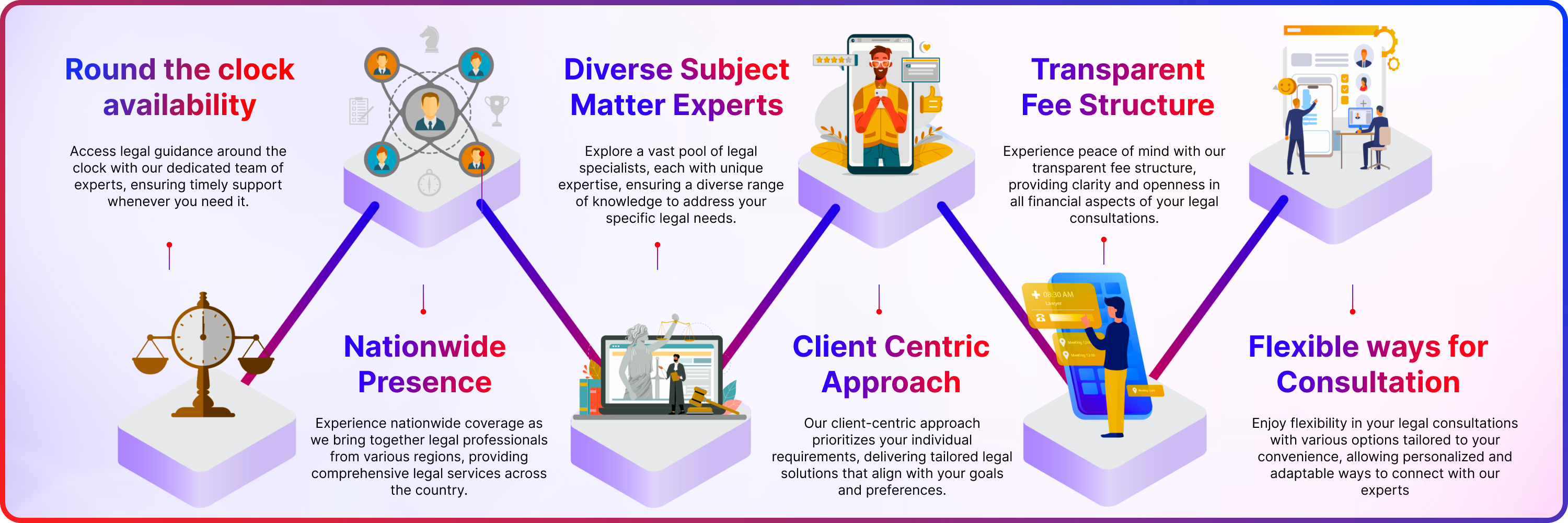
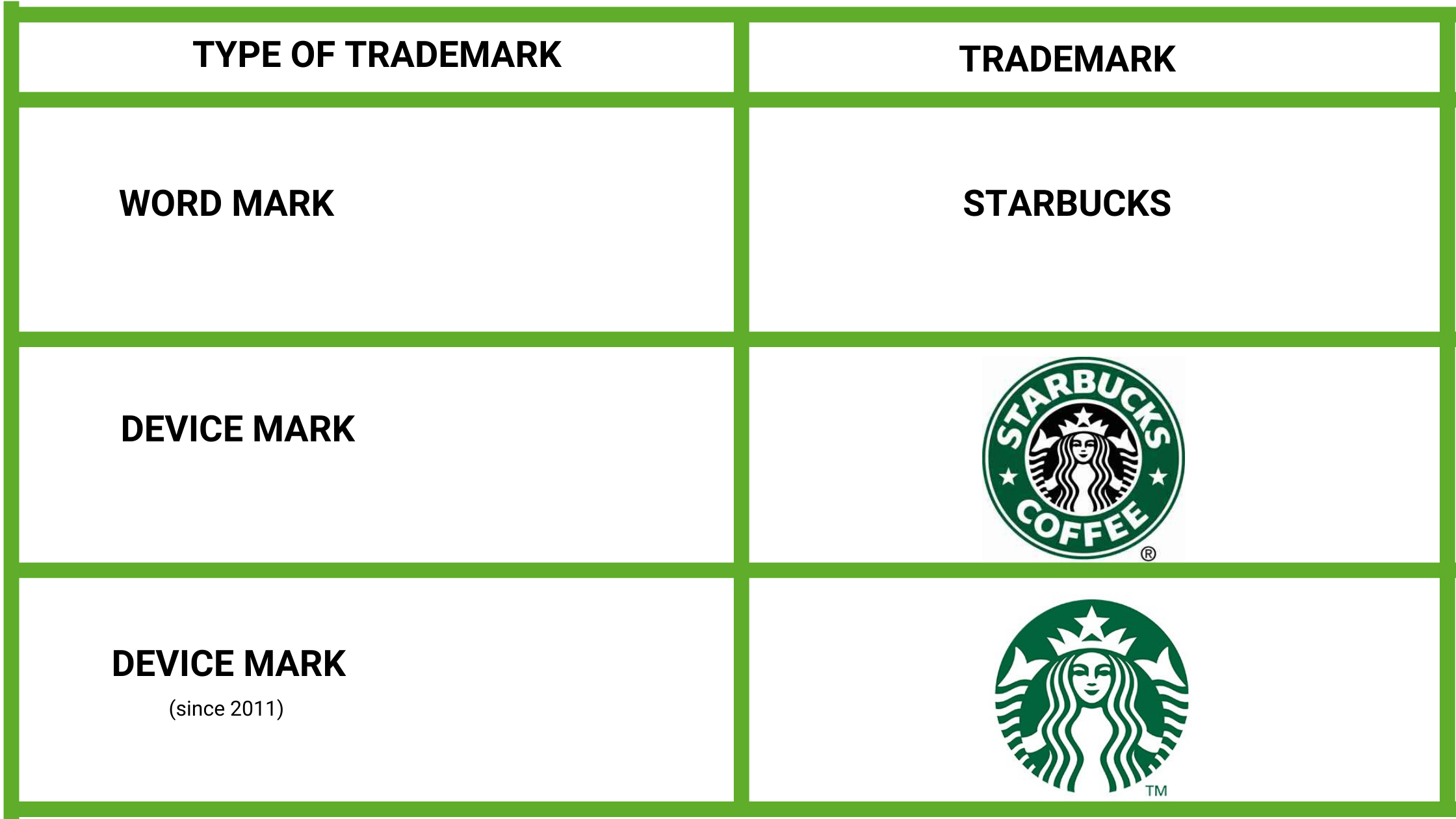
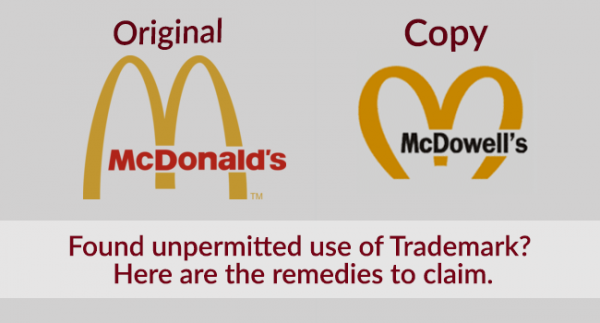
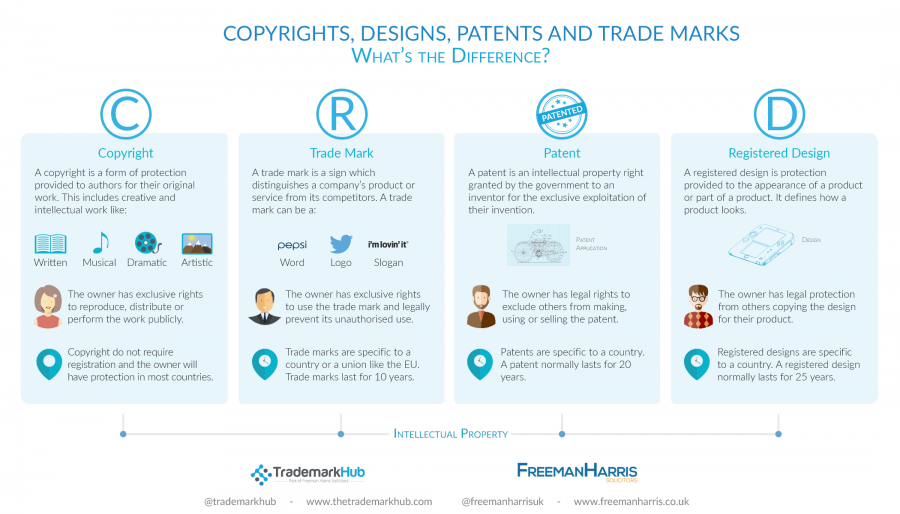
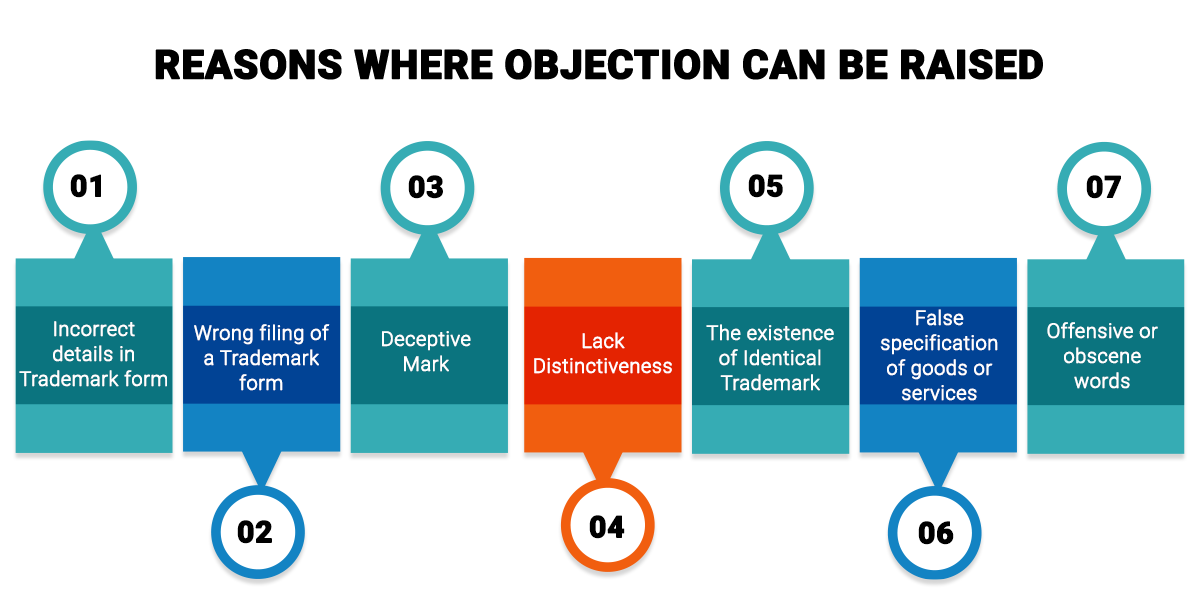
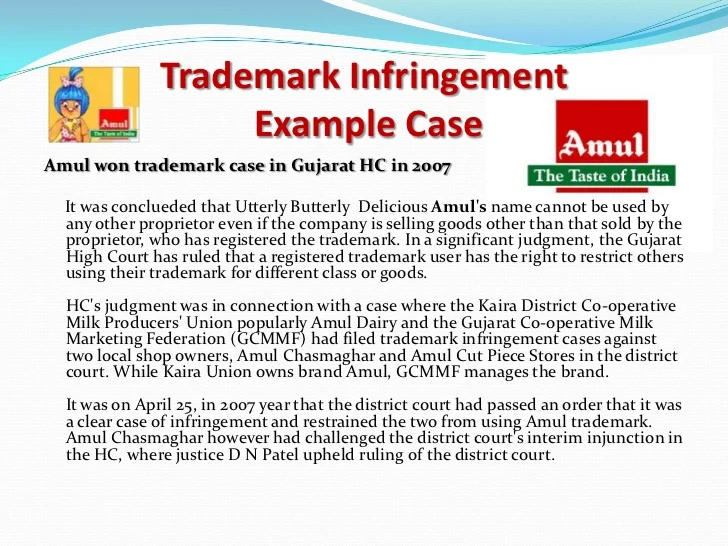
Take a look at the glowing reviews and success stories from some of our happy customers to see how (CompanyName) can help your business achieve its goals.